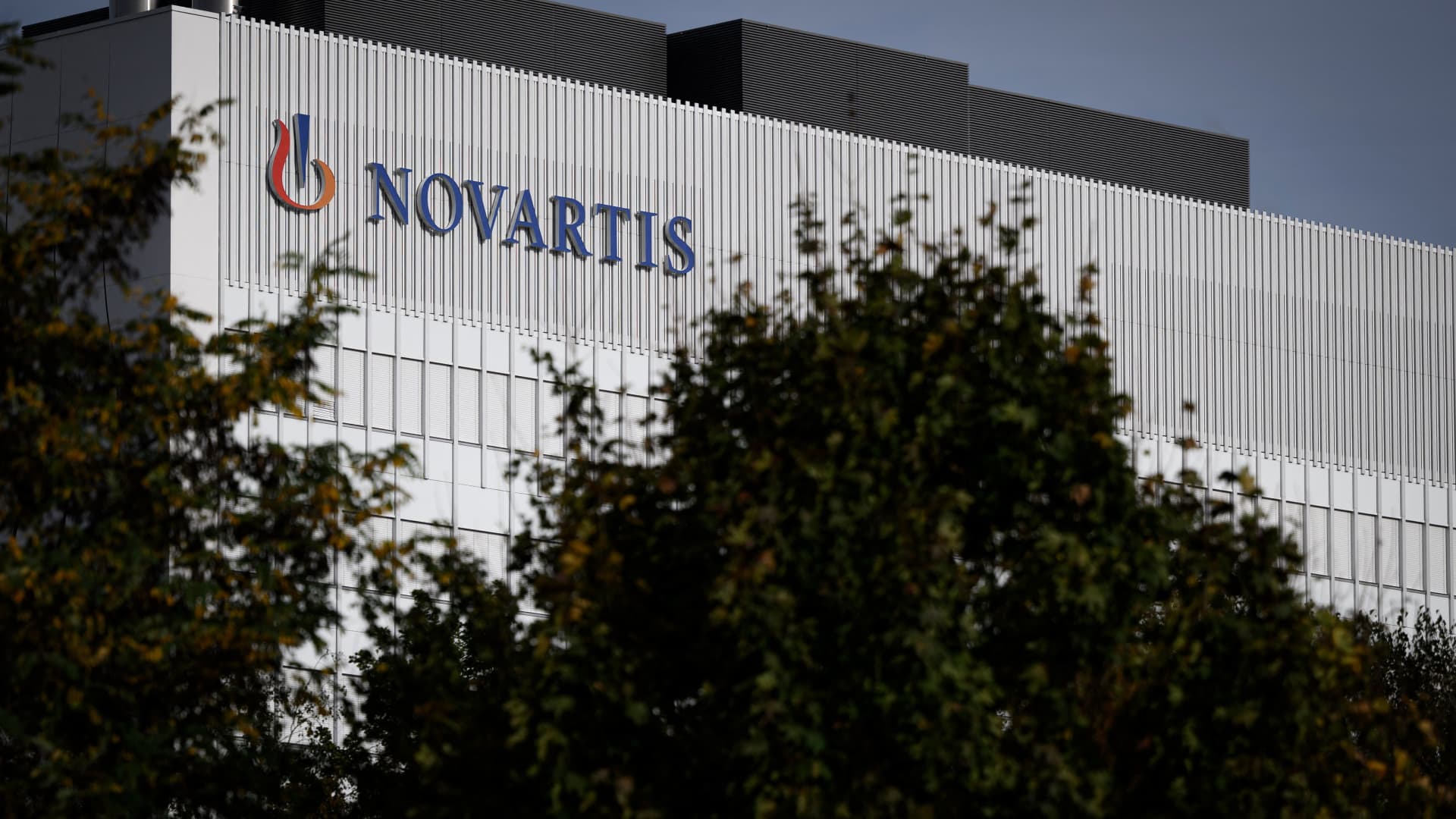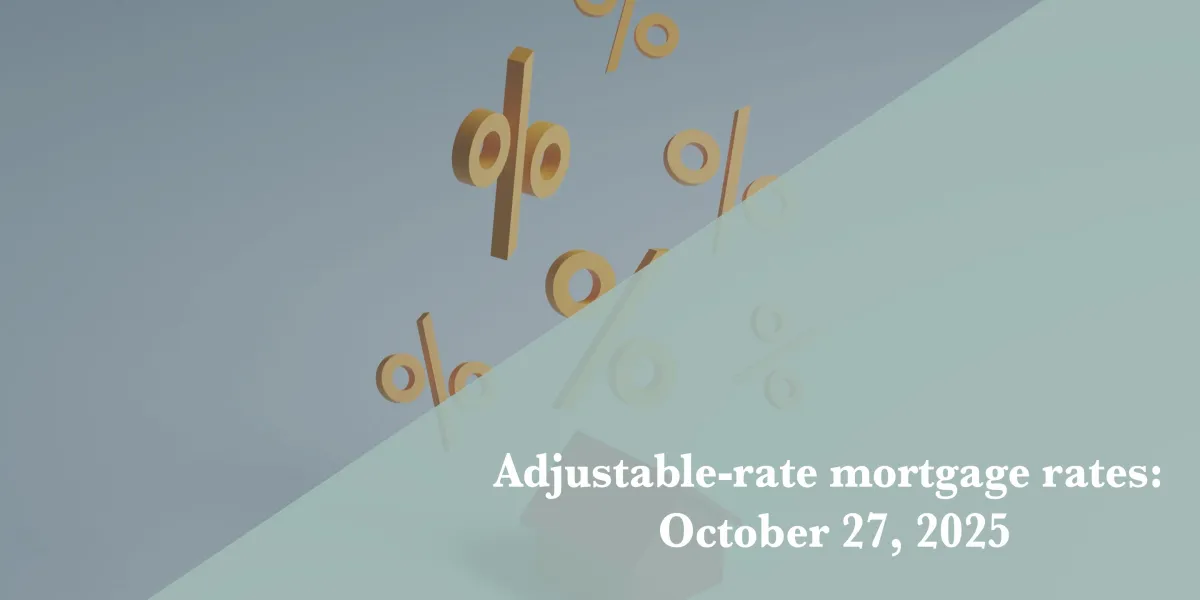Copyright Newsweek

Food, stress, sleep and weather may not be the only triggers to consider when preventing migraines—how stable your daily routine is could play an important role too. Harvard and Massachusetts General Hospital researchers used a total “surprisal score” to measure the unexpectedness of a participant’s daily experiences, revealing it was associated with risk of an upcoming migraine attack. In their analysis of 109 adults who were mainly female, “higher surprisal was significantly associated with increased migraine risk within 12 hours and 24 hours,” according to the team in the paper. As many as 39 million Americans live with migraine, according to the American Migraine Foundation. "A lot of this is in sync with how many people and I have envisioned migraines, which is often a hypersensitization with reaction to change in stimuli," said Dr. Noah Rosen, director of the Northwell Health's Headache Center, not involved in the research. "Those stimuli that trigger migraines may either be endogenous that comes from the person themselves, like change in hormones during menstruation or menopause, or it can come from external sources like dehydration or change in the weather. In a lot of ways, migraines are triggered by a change in homeostasis. “That is the way that our body regulates itself, whether that be through food or drink or sleep or stress. This study again reinforces that fact that these changes might indeed be a trigger or acute causation for an event." Explaining the newly coined word "surprisal" in more detail, he added, “They're describing something that comes out of the ordinary, out of your usual day. There are good extreme examples of this. For example, post-traumatic stress disorders or acute stress disorders are both defined by having experienced something that is beyond everyday experience. “In less of a dramatic expression, migraine may also represent those experiences which disrupt normal behavior or unexpected.” The study authors emphasized their findings supported use of a surprisal scoring system as a “dynamic, individualized metric capable of estimating short-term migraine risk” and a “person-centered, information-theoretic approach to understanding migraine triggers, moving beyond static lists of potential causes to account for the unpredictable and context-sensitive nature of daily life.” They suggest that incorporating the new method into migraine forecasting tools could provide individuals with a more effective and personalized strategy for managing headache risk. “Our bodies maintain homeostasis; that is the correct amount of food, sleep, and hydration. A migraine in some ways may be an alarm system that goes off when some of that is disrupted,” explained Rosen. “Only 70 percent of people with migraines identify triggers. And that may be because they don't have them, or they're unaware of them. And sometimes paying attention to these changes in your everyday activity may give you insights into why those events are occurring.” This could include anything that differs from your usual activities or requires responses different from your everyday, from good or bad news to arguments and routine changes at work, school and home. “These events are not always avoidable. I think that remaining flexible, mindful and being self-reflective may be very helpful in terms of either avoiding or managing these migraine events," added Rosen. Newsweek has reached out to the authors for additional comment. Do you have a tip on a science story that Newsweek should be covering? Do you have a question about migraines? Let us know via health@newsweek.com. Reference



